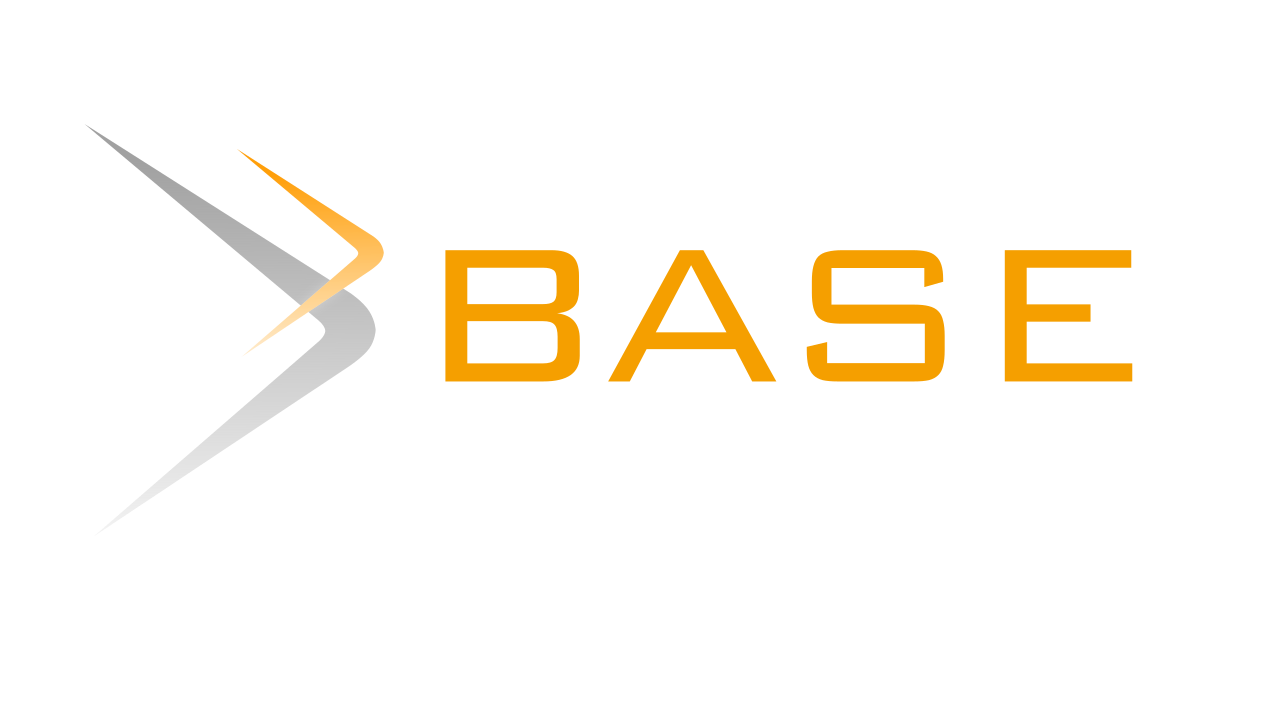The Impact of COVID-19 Pandemic and Earnings Management: Does the History of Managerial Ability Have a Role?
DOI:
https://doi.org/10.32486/aksi.v7i2.422Abstract
This research aims to analyze the early impact of the COVID-19 pandemic on the tendency of earnings management in Indonesia, with a history of managerial ability as a moderating variable. The population in this research are manufacturing companies listed on the Indonesia Stock Exchange in 2018-2020. Using the purposive sampling technique, as many as 126 companies can meet the research sample criteria. The data analysis technique used is Moderated Regression Analysis (MRA). The results show that the impact of the COVID-19 pandemic has a positive effect on earnings management tendencies in Indonesia. It can be interpreted that the higher the impact of the COVID-19 pandemic received by the company, the higher the earnings management behavior. However, this can be weakened by the history of managerial ability. Companies with a history of managerial ability can cope with the impact of the COVID-19 pandemic and are more considering improving their performance quality rather than carrying out earnings management, which risks reducing the company's value.
References
Ahmad-Zaluki, N. A., Campbell, K., & Goodacre, A. (2011). Earnings management in Malaysian IPOs: The East Asian crisis, ownership control, and post-IPO performance. International Journal of Accounting, 46(2), 111–137. https://doi.org/10.1016/j.intacc.2011.04.001
Al-Mughrabi, Y. M. (2020). The impact of financial crisis on earnings management in nonfinancial listed firms: Evidence from Jordan. International Journal of Business and Management, 15(5),
https://doi.org/10.5539/ijbm.v15n5p168
Ayedh, A. M., Fatima, A. H., & Mohammad, M. H. S. (2019). Earnings management in Malaysian companies during the global financial crisis and the coincidental effect of IFRS adoption. Australasian Accounting, Business and Finance Journal, 13(1), 4–26. https://doi.org/10.14453/aabfj.v13i1.2
Badan Pusat Statistika. (2020). Analisis Hasil Survei Dampak Covid-19 Terhadap Pelaku Usaha. https://www.bps.go.id/publication/2020/09/15/9efe2fbda7d674c09ffd0978/analisis-hasil-survei-dampak-covid-19-terhadap-pelaku-usaha.html
Charitou, A., Lambertides, N., & Trigeorgis, L. (2007). Earnings behaviour of financially distressed firms: The role of institutional ownership. Abacus, 43(3), 271–296. https://doi.org/10.1111/j.1467-6281.2007.00230.x
Chen, J. J., Liu, X., & Li, W. (2010). The effect of insider control and global benchmarks on Chinese executive compensation. Corporate Governance: An International Review, 18(2), 107–123. https://doi.org/10.1111/j.1467-8683.2010.00788.x
Chia, Y. M., Lapsley, I., & Lee, H. W. (2007). Choice of auditors and earnings management during the Asian financial crisis. Managerial Auditing Journal, 22(2), 177–196. https://doi.org/10.1108/02686900710718672
CNN Indonesia. (2020a). Awal Mei, Modal Asing Keluar dari Pasar Saham Hampir Rp6 T. https://www.cnnindonesia.com/ekonomi/20200528165422-532-507714/awal-mei-modal-asing-keluar-dari-pasar-saham-hampir-rp6-t
CNN Indonesia. (2020b). Modal Asing Keluar Berjamaah Rp1,24 T pada Juni 2020. https://www.cnnindonesia.com/ekonomi/20200623073722-532-516270/modal-asing-keluar-berjamaah-rp124-t-pada-juni-2020
CNN Indonesia. (2020c). Pekerja Dirumahkan dan Kena PHK Akibat Corona Capai 3,05 Juta. https://www.cnnindonesia.com/ekonomi/20200720114203-92-526610/pekerja-dirumahkan-dan-kena-phk-akibat-corona-capai-305-juta
Cohen, D. A., & Zarowin, P. (2010). Accrual-based and real earnings management activities around seasoned equity offerings. Journal of Accounting and Economics, 50(1), 2–19. https://doi.org/10.1016/j.jacceco.2010.01.002
DeAngelo, H., DeAngelo, L., & Skinner, D. J. (1994). Accounting choice in troubled companies. Journal of Accounting and Economics, 17(1–2), 113–143. https://doi.org/10.1016/0165-4101(94)90007-8
Dechow, P. M., Sloan, R. G., & Sweeney, A. P. (1995). Detecting earning management. In The accounting Review (Vol. 70, Issue 2, pp. 193–225).
Demerjian, P. R., Lev, B., Lewis, M. F., & McVay, S. E. (2013). Managerial ability and earnings quality. The Accounting Review, 88(2), 463–498. https://doi.org/10.2308/accr-50318
Filip, A., & Raffournier, B. (2014). Financial crisis and earnings management: The European evidence. International Journal of Accounting, 49(4), 455–478. https://doi.org/10.1016/j.intacc.2014.10.004
Francis, B., Sun, X., & Wu, Q. (2013). Managerial ability and tax avoidance. SSRN Electronic Journal. https://doi.org/10.2139/ssrn.2348695
Francis, J., Huang, A. H., Rajgopal, S., & Zang, A. Y. (2008). CEO reputation and earnings quality. Contemporary Accounting Research, 25(1), 109–147. https://doi.org/10.1506/car.25.1.4
Ghosh, D., & Olsen, L. (2009). Environmental uncertainty and managers’ use of discretionary accruals. Accounting, Organizations and Society, 34(2), 188–205. https://doi.org/10.1016/j.aos.2008.07.001
Gössling, S., Scott, D., & Hall, C. M. (2020). Pandemics, tourism and global change: a rapid assessment of COVID-19. Journal of Sustainable Tourism, 0(0), 1–20. https://doi.org/10.1080/09669582.2020.1758708
Haleem, A., Javaid, M., & Vaishya, R. (2020). Effects of COVID-19 pandemic in daily life. Current Medicine Research and Practice, 10(2), 78–79. https://doi.org/10.1016/j.cmrp.2020.03.011
Healy, P. M., & Wahlen, J. M. (1999). A review of the earnings management literature and its implications for standard setting. Accounting Horizons, 13(4), 365–383. https://doi.org/10.2139/ssrn.156445
Huang, X. (Sharon), & Sun, L. (2017). Managerial ability and real earnings management. Advances in Accounting, 39(1), 91–104. https://doi.org/10.1016/j.adiac.2017.08.003
Indonesia Stock Exchange. (2020). Keterbukaan informasi. https://www.idx.co.id/perusahaan-tercatat/keterbukaan-informasi/
Kementerian Kesehatan RI. (2020). Kasus COVID-19. https://infeksiemerging.kemkes.go.id/
Kementerian Keuangan RI. (2020a). Hadapi Pandemi, Ekonomi Indonesia Triwulan I Tahun 2020
Tumbuh 2,97%. https://www.kemenkeu.go.id/publikasi/berita/hadapi-pandemi-ekonomi-indonesia-triwulan-i-tahun-2020-tumbuh-2-97/
Kementerian Keuangan RI. (2020b). KSSK Paparkan Kondisi Ekonomi Indonesia Triwulan 1 Tahun 2020. https://www.kemenkeu.go.id/publikasi/berita/kssk-paparkan-kondisi-ekonomi-indonesia-triwulan-1-tahun-2020/
Kementerian Keuangan RI. (2020c). Large-scale Social Restrictions Selected by the President to Prevent the Expansion of the COVID-19 Pandemic. https://www.kemenkeu.go.id/en/publications/news/large-scale-social-restrictions-selected-by-the-president-to-prevent-the-expansion-of-the-covid-19-pandemic/
Kementerian Keuangan RI. (2020d). Perkembangan Ekonomi dan Refocusing Anggaran untuk Penanganan Covid-19 di Indonesia. https://www.kemenkeu.go.id/publikasi/siaran-pers/siaran-pers-perkembangan-ekonomi-dan-refocusing-anggaran-untuk-penanganan-covid-19-di-indonesia/
Lisboa, I., & Kacharava, A. (2018). Does financial crisis impact earnings management? Evidence from Portuguese and UK. European Journal of Applied Business Management, 4(1), 80–100. https://doi.org/10.1002/jcaf.22418
Mollik, A. T., Mir, M., Mclver, R., & Bepari, M. K. (2013). Earnings management during the global financial crisis: Evidence from Australia. Proceedings of International Business and Social Sciences and Research Conference, 16-17 December 2013, 1–19.
Rosner, R. L. (2003). Earnings Manipulation in Failing Firms. Contemporary Accounting Research, 20(2), 361–408. https://doi.org/10.1506/8EVN-9KRB-3AE4-EE81
Roychowdhury, S. (2006). Earnings management through real activities manipulation. Journal of Accounting and Economics, 42(3), 335–370. https://doi.org/10.1016/j.jacceco.2006.01.002
Sari, A. A. S. P. P., & Astika, I. B. P. (2015). Moderasi good corporate governance pada pengaruh antara leverage dan manajemen laba. E-Journal Akuntansi Universitas Udayana, 3, 752–769.
Scott, W. R. (2011). Financial Accounting Theory (6th ed.). United States: Pearson.
Silva, A. F. da, Weffort, E. F. J., Flores, E. da S., & Silva, G. P. da. (2014). Earnings management and economic crisses in the Brazilian capital market. Revista de Administraçao de Empresas, 54(3), 268–283. https://doi.org/https://doi.org/10.1590/S0034-759020140303
Suyoto, H., & Dwimulyani, S. (2019). Pengaruh Leverage dan Perencanaan Pajak Terhadap Manajemen Laba dengan Profitabilitas Sebagai Variabel Moderasi. Prosiding Seminar Nasional Pakar Ke 2, 1–9.
Syarendra, J. D., & Kristanto, A. B. (2020). Environmental Uncertainty, Managerial Ability and Tax Aggressiveness. Jurnal AKSI (Akuntansi Dan Sistem Informasi), 5(1), 30–36. https://doi.org/10.32486/aksi.v5i1.474
Tehupiring, R. (2017). Apakah kecakapan managerial mampu memitigasi manipulasi aktivitas riil? (Studi empiris pada perusahaan manufaktur di BEI periode 2010-2015). Berkala Akuntansi Dan Keuangan Indonesia, 2(1), 63–82. https://doi.org/10.20473/baki.v2i1.3730
Wagner, S. (2008). Managerial Succession and Organizational Performance. SSRN Electronic Journal. https://doi.org/10.2139/ssrn.1099338
Wang, Z., & Williams, T. H. (1994). Accounting income smoothing and stockholder wealth. In Journal of Applied Business Research (JABR) (Vol. 10, Issue 3, pp. 96–104). https://doi.org/10.19030/jabr.v10i3.5929
Downloads
Published
How to Cite
Issue
Section
License

This work is licensed under a Creative Commons Attribution-ShareAlike 4.0 International License.













